
Battle Lines
Author: The Telegraph
Subscribed: 1,894Played: 82,167Description
Battle Lines is The Telegraph’s defence, security and foreign affairs podcast. It offers expert analysis and on-the-ground reporting from around the world, everywhere from China and the United States to the Middle East and Europe.
Three times a week, veteran foreign correspondents Roland Oliphant and Venetia Rainey bring you on-the-ground dispatches from the world’s most volatile regions and informed analysis from world-class experts.
Every Wednesday on Battle Lines x Global Health Security they’re joined by Arthur Scott-Geddes to look at the intersection between health and security, from bioweapons to warzone diseases to frontline medicine. You can watch these episodes here.
Whether it’s the Russia-Ukraine war, the Israel-Gaza conflict, Chinese aggression in the Indo-Pacific, tensions between India and Pakistan, or the civil war in Sudan, Battle Lines covers the world’s most critical flashpoints with depth and clarity.
When will China invade Taiwan? Can Donald Trump bring peace to the Middle East? What should Europe do to help Ukraine beat Russia? Is Iran building a nuclear bomb? What is the point of NATO? Can the United Kingdom still defend itself?
Created by David Knowles, Battle Lines answers all these questions and more, bringing together the best of The Telegraph’s international, geopolitical, and conflict reporting in one place.
Don’t forget to follow and leave a review to stay updated on the latest in global conflict and foreign affairs.
Battle Lines: Global Health Security is supported by the Bill and Melinda Gates Foundation.
Hosted on Acast. See acast.com/privacy for more information.




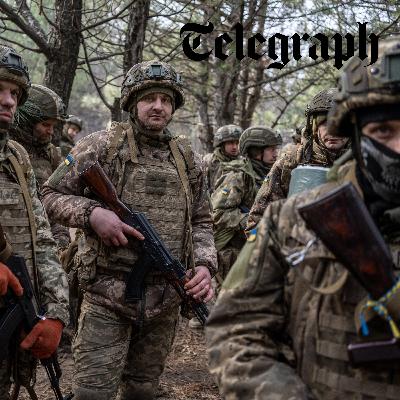

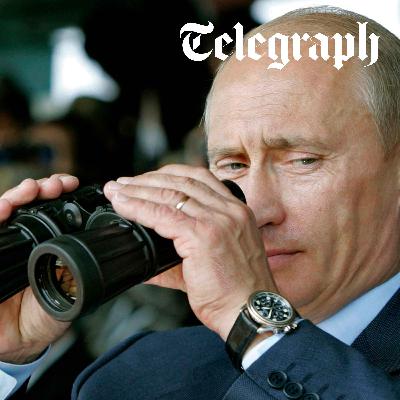

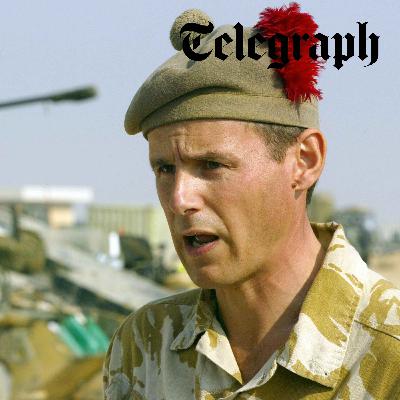


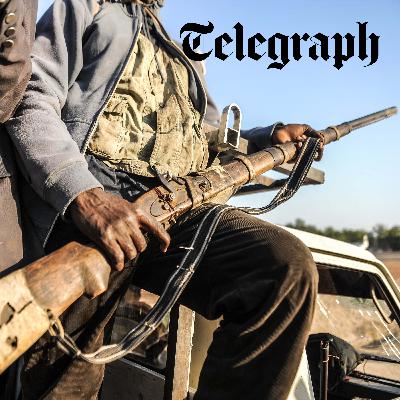
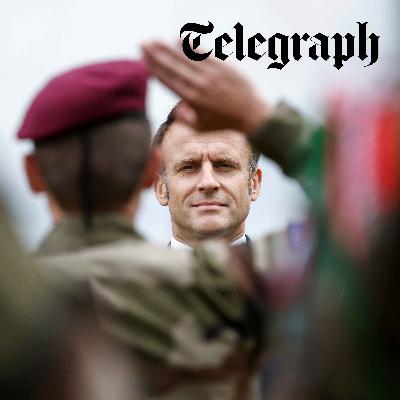
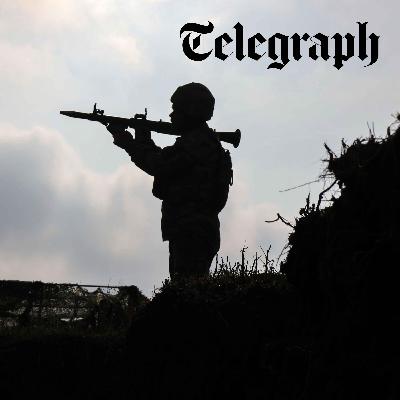
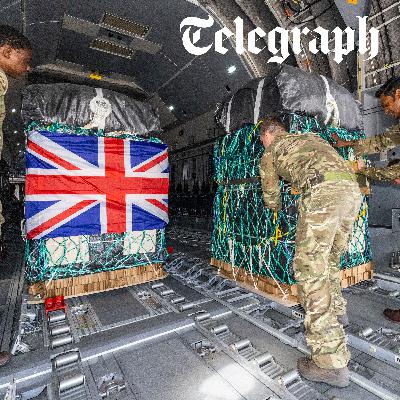

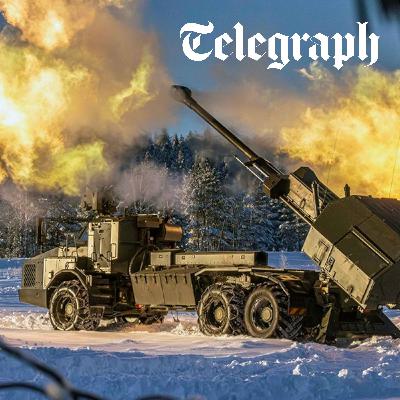
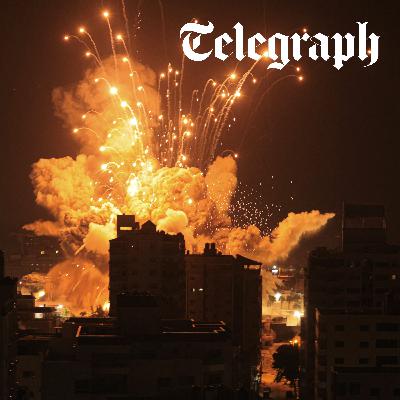
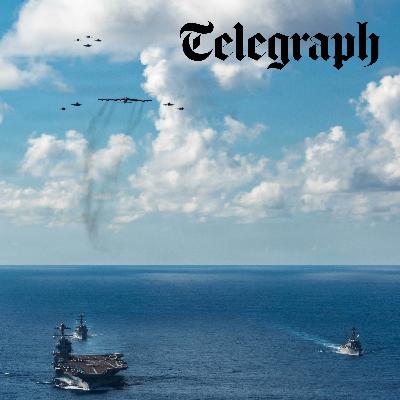
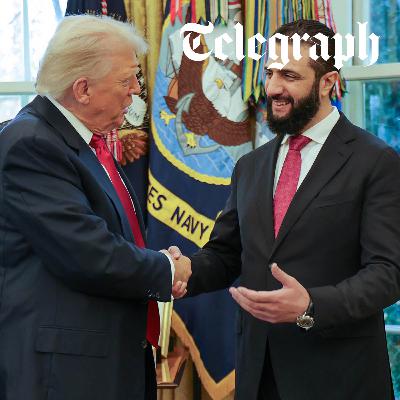
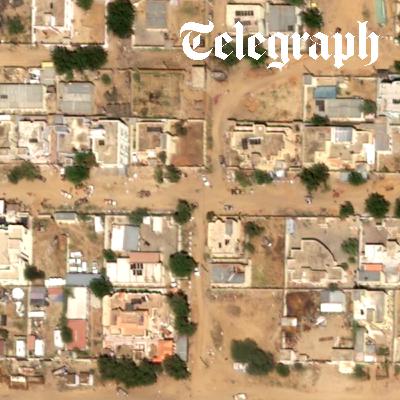
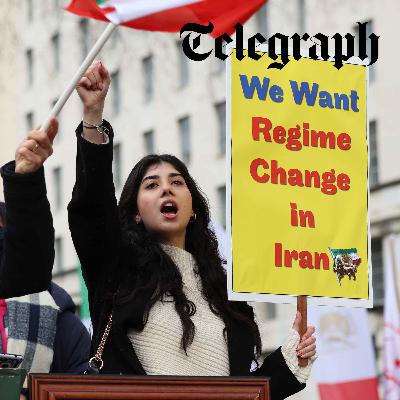



Enjoyed the episode, but how do folks like me, born and bred in the US (1940) relate to the frame of reference not only to Xi Jinping but to his father. Their experiences seem to be totally alien. Yet the Nationalists who have a democracy (Taiwan) and those millions who've immigrated to the West, share Democracy's values quickly. it's like, who are these hundreds of millions Chinese who follow Xi Jinping? why don't they rise up and throw off their communist shackles?
this is a brilliant report, well done The Telegraph!
⭐️⭐️⭐️⭐️⭐️ My 1st listening today to Battle Lines. I have had my eyes opened up more of just how much our world has so much fighting and killing going on and their backers who provide their abilities to destroy the world's possibilities for peace. It saddens me. I have not looked online for the many specific places for their geographic locations in a very long time! This is a vital podcast for all of the world who cares about peace! Praying for all from the 🇺🇸 🙏🕊❤️🌏
2016 dems and deepstate attempted assassination soft coup to remove trump. endless leaks impeachments,mass riots blm.. Conservative judges smeared etc but trumps the problem? ok...
This episode features interviews with regime supporters, and defenders of the status quo, and someone widely seen as an apologist for the Iranian regime. There was no mention of the opposition — not even a single reference to Pahlavi, which, frankly, must have taken a remarkable amount of deliberate effort. Despite its appearance of neutrality, the episode is deeply biased and disconnected from reality. Shame on you.
I am on the British Columbia side of the Rockies right up there near Grand Prairie. I am a proud Canadian and I will defend Canada any way I can. to the seperatists: we are watching you!
even my piss has more than Ny of them
none of them had nothing
Hi Venetia, I was listening to your podcast while driving through the streets of Tehran. I’m curious—are you required to maintain neutrality in your reporting? It seems evident that you’re taking sides with Islamist groups. I couldn’t help but wonder how your privileged, left-leaning guest might have felt if she had experienced the events of October 7th firsthand.
I'd like to see the podcast focus on Ukraine. Israel is a hissy food-fight in comparison to the stakes of Ukraine's struggle.
Reminds me of CS Lewis's essay Fern Seeds and Elephants - where experts blow a tiny issue to greater significance than a more obvious elephant in the room. Climate is obviously an influence on war and violence. It has ever been so. The question is whether it is getting worse through human actions. The interviewee talks (wrongly) of climate extremes worsening and seems to assume we can halt the warming. Dressed up with a few kernals of truth this is alarmist propaganda. Daily Telegraph FAIL
let's be honest for a moment. you western so called democrats helped to remove Iran's Shah purely because you don't like a middle eastern superpower. it changed to dictatorship that hurts you and Iranian people too. I listened to many podcasts of yours and you never mentioned that "you" caused this chaos in the first place.I think it's important for you to admit that. not doing this, your jebrish talk about dictatorships and so on, is literally nonsense.
there were no battle/military updates.